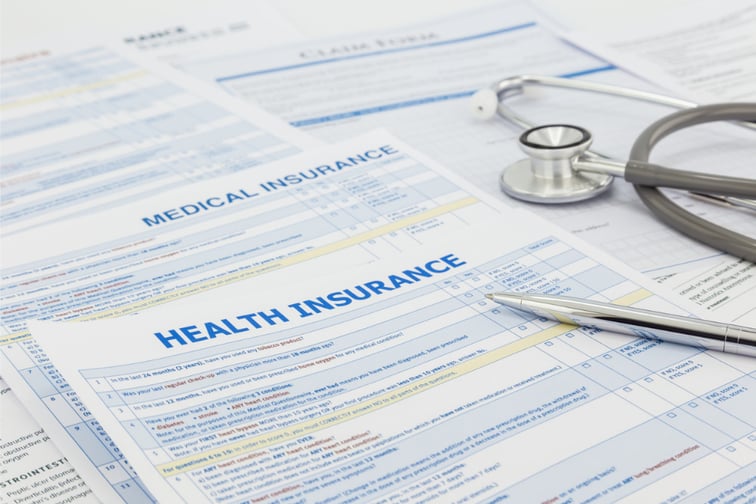

Labor’s return to government may slow the growth of the private health insurance (PHI) industry, as attitudes toward healthcare reform shift in favour of the public health sector, analysts from investment firm UBS told The Australian.
“The federal election is topical for PHI sector, and we note a historic skew in government spending towards the public healthcare system under Labor,” said UBS analysts Scott Russell and Shreyas Patel. “This may slow the rising PHI participation rates evident over the past two years.”
The last two years under COVID-19 had turned the tide for the PHI industry, as many of the young and healthy grew weary of long wait times in public hospitals and chose to take out policies with private insurers, reported the Australian.
Data from the Australian Prudential Regulation Authority (APRA) revealed that the PHI sector saw a net profit of $2.0 billion in FY22, up by more than 100% from the $0.95 billion reported in FY21. Premium revenue went up by 5.6% from FY21, while claims costs fell by 2.8%.
According to APRA, this increase in profitability for FY22 was due to higher insurance profits that have been partially offset by a fall in investment income. A proportion of this profit would likely be offset in the coming months through insurer commitments to not profit from COVID-19, the regulator explained.
While a Labor government may slow down PHI momentum and decrease participation, Russell and Patel told the Australian that things will remain unchanged for investors.
The analysts referred to the deferred claims liability increase of $191 million reported by APRA during Q1 of 2022. Totalling to $1.6 billion, they remarked that this increase was a “2.9 percentage point drag on net margin.”
“This suggests to us that further industry givebacks are likely to be announced by 30 June,” Russell and Patel told the Australian. “Medibank and NIB have already deferred price increases until October and September respectively.”
